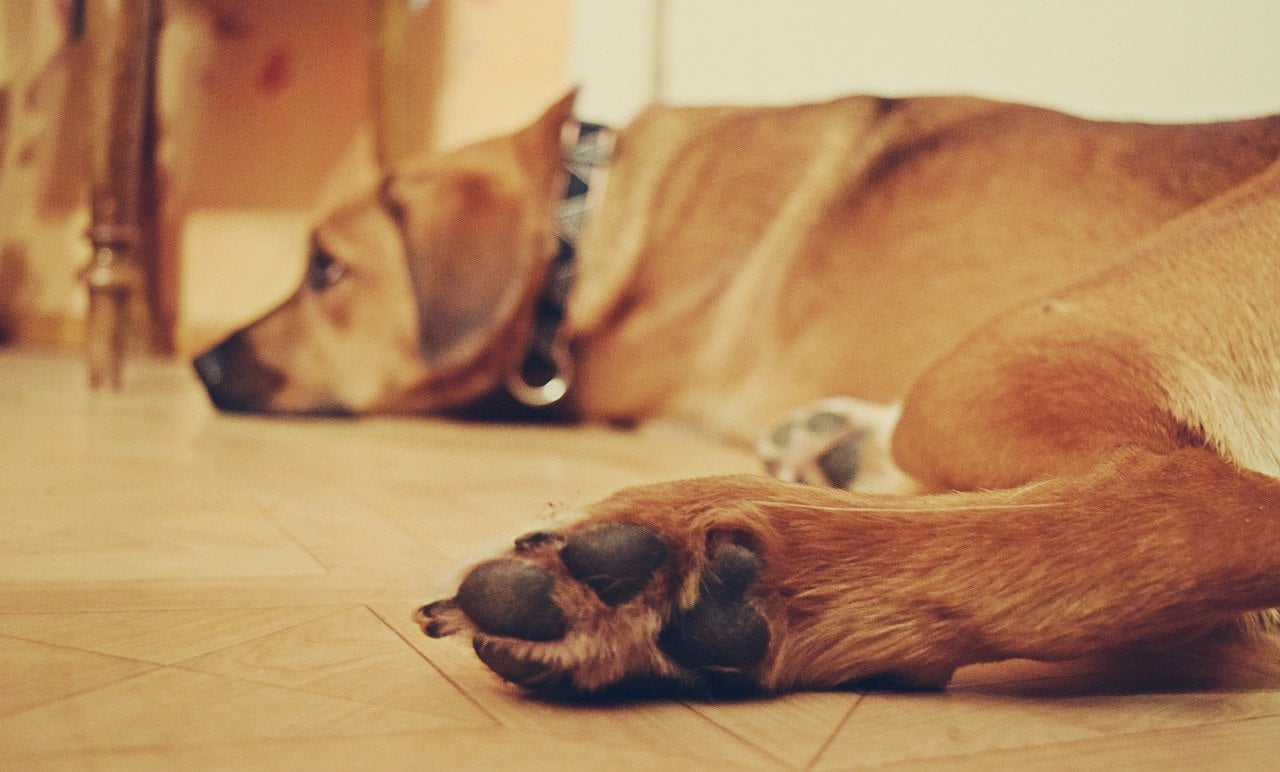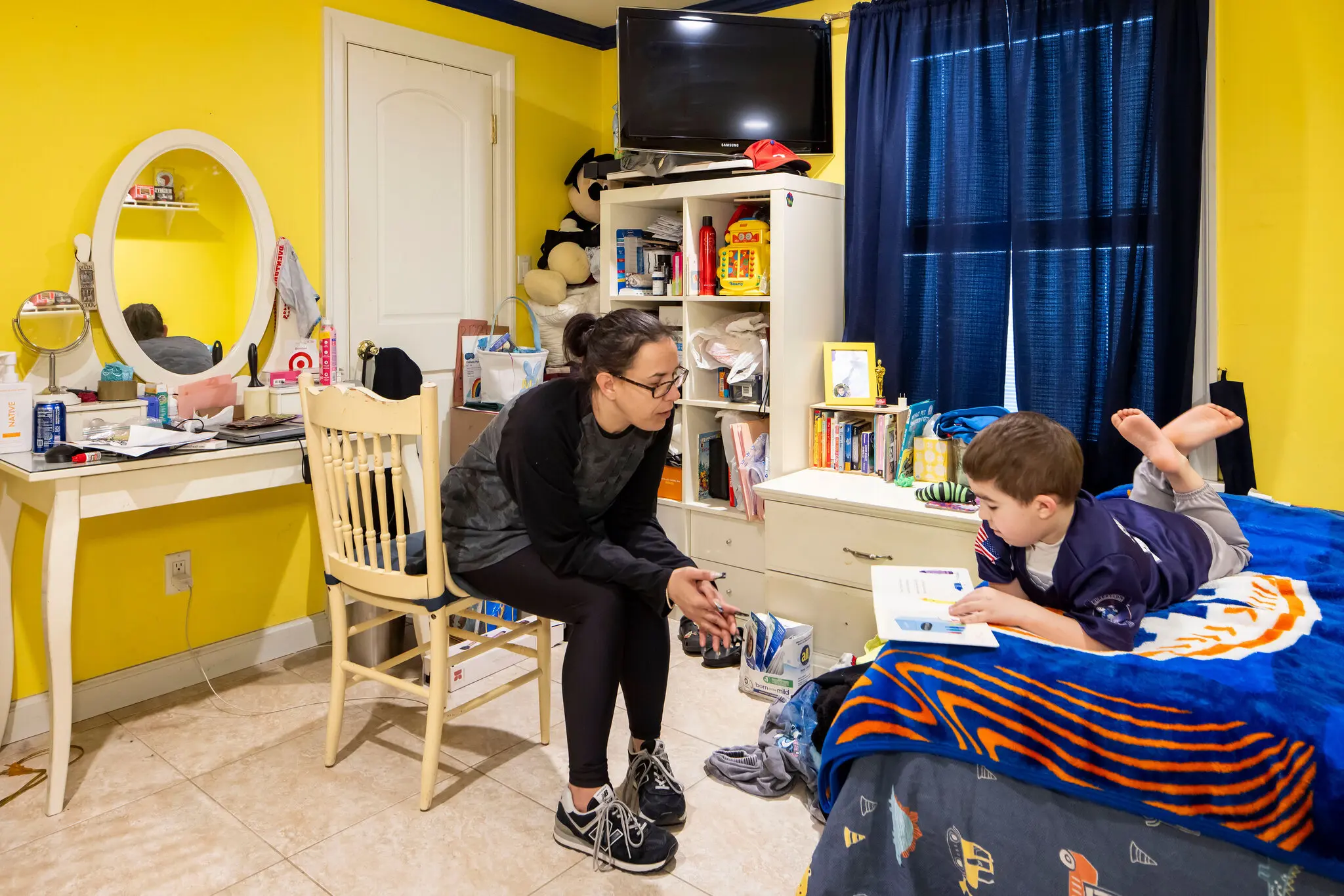It’s already difficult enough to find a rental which suits all your needs, even if you’re not someone with a pet. If you’ve got a furry friend, however, it can be way harder. That’s because many landlords are nervous to rent to pet owners. You might be wondering why this is––after all, how could anyone be immune to a big pair of puppy eyes? That’s why we’re going to go over a few key reasons why so many landlords don’t like pets. We’ll also give you some tips on how to impress a landlord as a pet owner and go over the benefits of renting a pet-friendly apartment.
It’s important to note here that if you have an emotional support animal or a service animal, you have more tenant rights than a normal pet owner. Make sure to read up on that if such is the case for you.
Pets Can Do Damage to Rentals
Your cat might be adorable most of the time. However, she might find your rental’s curtains fun to shred when she gets bored. There might come a time when you forget to let your dog outside, and he gets desperate and decides the living room carpet is the right place to go. These are just a couple of the cases in which a pet could cause damage to a rental.
There’s no doubt about it: renting to pets comes with the risk of damage. This will mean time and money to schedule work on the rental for your landlord, even if you’re the one covering the bill. Obviously, every landlord wants to prevent accidents like this from happening, and that starts with choosing the right renter. If they’ve got a bunch of potential applications and they could choose someone without a pet vs. someone with one, it makes more sense to choose the non-pet owner in terms of damage control.
Pets Can Have an Odor
If you’ve had your pet for a long time, it’s likely that you’ve adjusted to living with your pet’s natural odor. However, this won’t be the case for other people. Your pet’s odor might irritate your neighbors. Long after you move out, the odor may linger in carpeting and furniture, too. A landlord might be reluctant to take on the possibility of something like this.
Luckily, we have a list of tips to help fight pet odor if you know this is a problem for you.
Pets Can Annoy Neighbors
If your pet makes noise, it could bother the neighbors. For those who live without pets, even noises that you may consider quiet might be considered loud or annoying. The last thing a landlord wants to do is spend time dealing with complaints between two tenants. This means that given the chance, a landlord would rather rent to someone who is less likely to bring in noise complaints, and unfortunately, that’s going to be someone without a pet.
Landlords Can Be Liable for Injuries
If your pet injures someone, your landlord could be liable for the medical bills. You might be indignant at the thought of your favorite animal harming anyone, and maybe they would never. But a landlord doesn’t know your pet as well as you do, and this means that they’re still a risk. It could happen as simply as your dog getting over-excited while playing with a child from the apartment next door. Or maybe your cat is getting a little nippy in their old age.
Ultimately, your landlord wants to lower the chances that an accident will occur on their property, especially one where anyone is hurt. This could gain their property a bad reputation, and that’s something they’re trying hard to avoid earning. Therefore, they’re less likely to rent to pet owners on the off chance that someone could get injured.

How to Show a Landlord You’re a Responsible Pet Owner
There are several ways to preemptively combat your landlord’s concerns about the fact that you’re a pet owner.
- Open a dialogue. Now, you understand several of the most common reasons why landlords are wary of renting to pet owners. Find out exactly what your potential landlord’s concerns are so you can meet them head-on. This shows a landlord that you’re communicative and try to tackle issues before they become too big to handle.
- Introduce your landlord to your animal. Offer to bring your animal to an introductory meeting with the landlord so that the two can get acquainted. If your landlord sees how quiet and well behaved your animal is, it can get you one step closer to getting your application approved. The downside of this is that should your animal decide to be loud or aggressive, they will probably not make a good impression on the landlord.
- Show your landlord any training certificates your animal might have. It can be reassuring for your landlord to know that your animal has been trained by a professional organization and that they know certain commands. When you say that your animal is obedient, a certificate will back you up.
- Ask former landlords to comment on your pet’s behavior in reference letters. If you’re getting reference letters from former landlords, ask them to specifically mention how well your pet behaved in your former rental. It will reassure a potential landlord to know that your pet has not caused trouble for the last person from whom you rented. Obviously, only do this if your pet actually was well behaved––the last thing you want is a negative comment on a reference letter.
You Could Always Rent a Pet-Friendly Apartment
If you want to avoid the hassle of having to convince a landlord to welcome your pet, you can always rent a pet-friendly apartment. It’s far more likely that you’ll find a home which caters to the needs of pet owners if you specifically look for pet-friendly places. You might also enjoy the fine roster of pet-centric amenities which pet-friendly rentals are known for.
We hope this helps to explain a little bit about why landlords don’t like pets, as a general rule. As we’ve also shown, that doesn’t have to be the end of the situation. Hopefully, with enough open discussion and problem-solving, you can find a home just right for yourself and your pet. Good luck!
Looking for a new home? Dwellsy has you covered.
Check out our other blog posts.






